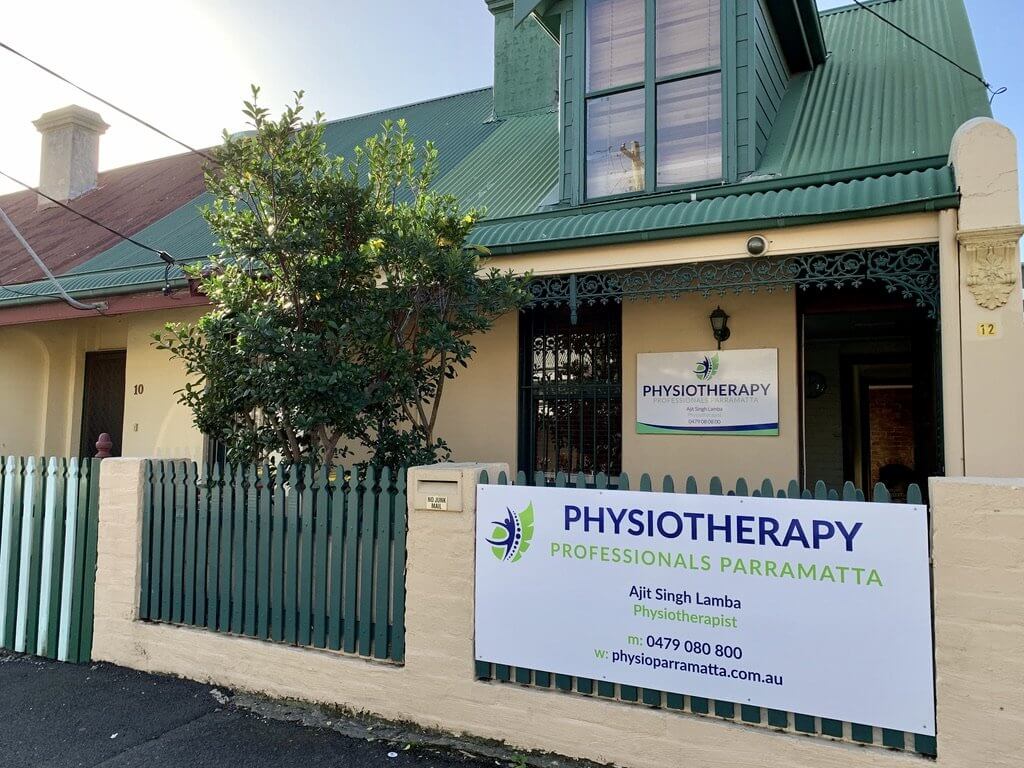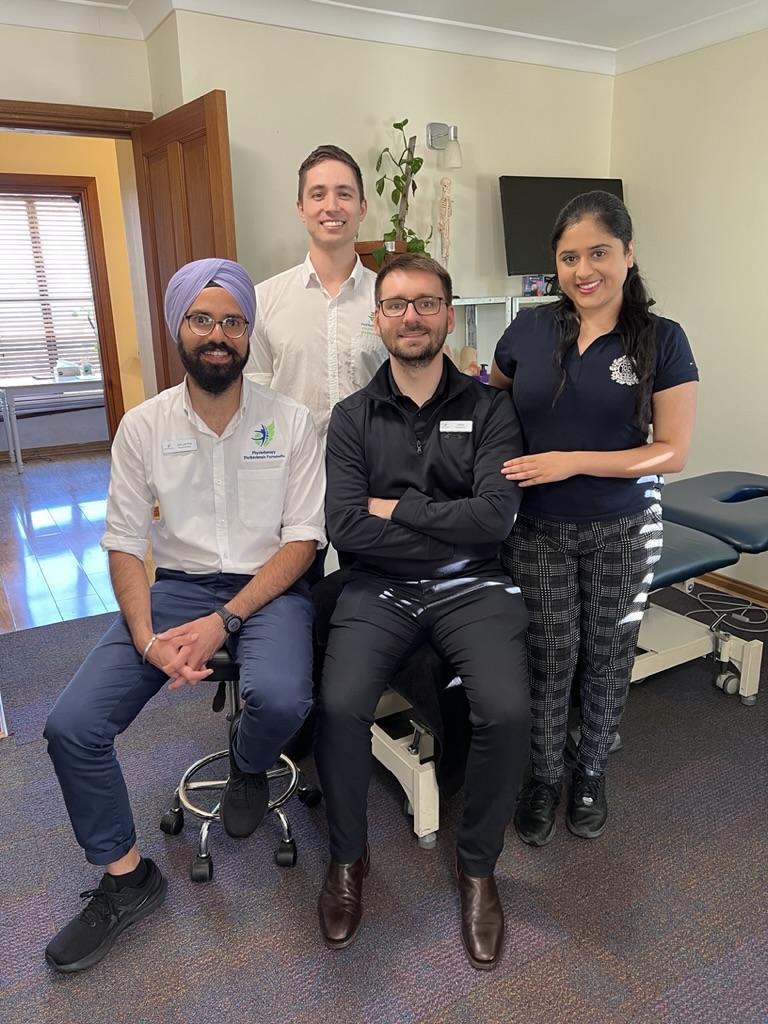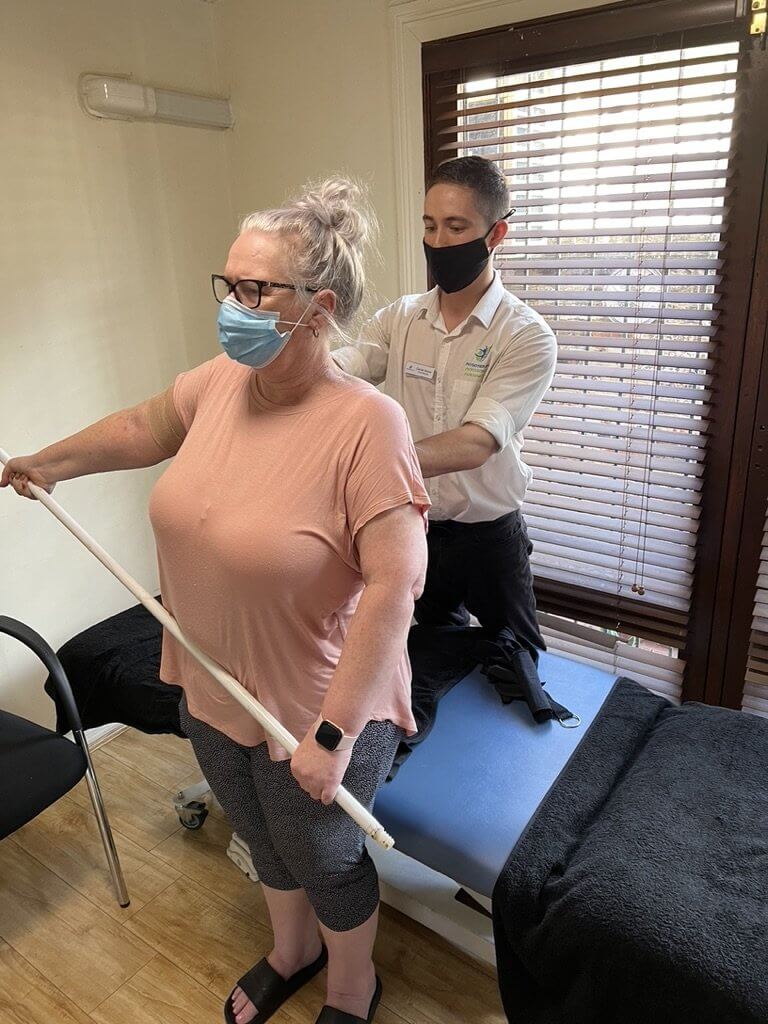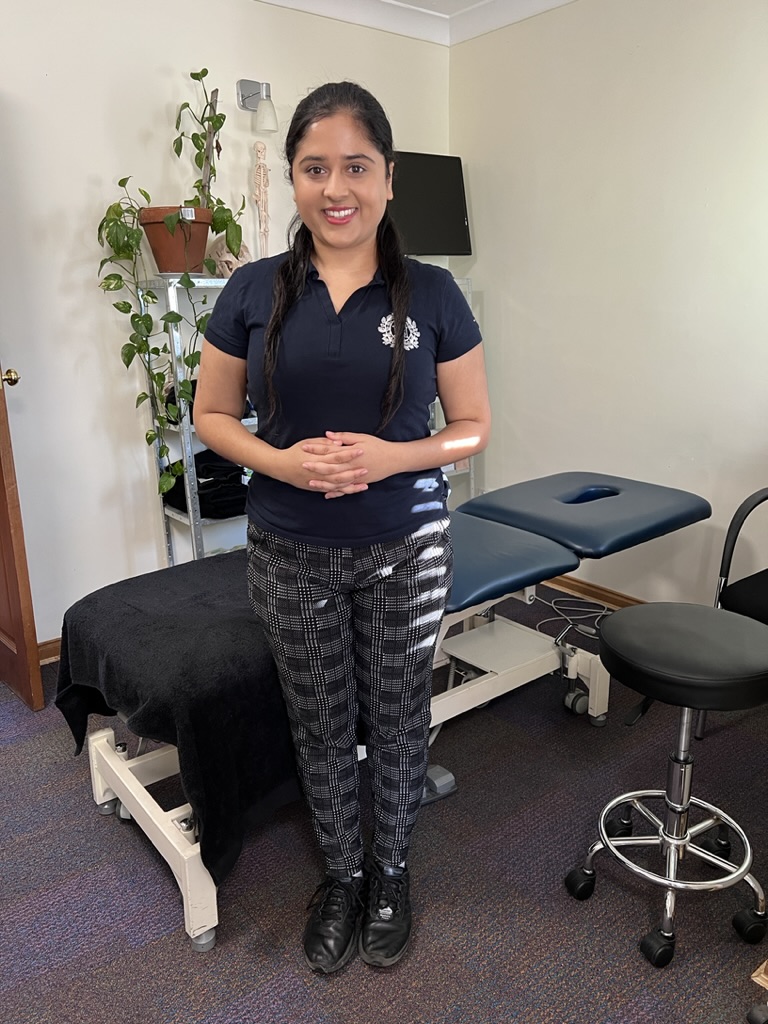Fracture Rehabilitation

Fracture Rehabilitation
Fractures can be debilitating, impacting mobility, function, and overall quality of life. As such, fracture rehabilitation which falls under Orthopedic physiotherapy plays a critical role in the comprehensive treatment and rehabilitation of fractures. With specialized knowledge and techniques, Orthopedic physiotherapists assist individuals in recovering from fractures, regaining strength, mobility, and independence.
Understanding Fractures
Fractures occur when bones break due to traumatic injuries, falls, or repetitive stress. Orthopedic physiotherapists are trained to assess the severity and type of fracture through physical examinations and diagnostic imaging. They work closely with orthopedic surgeons to understand the fracture site, stability, and any surgical interventions that may have been performed. This comprehensive understanding helps them design personalized rehabilitation programs for each patient.
Early Rehabilitation
Orthopedic physiotherapy begins as early as possible in the fracture healing process. The initial focus is on managing pain, reducing inflammation, and preventing muscle atrophy. Orthopedic physiotherapists employ techniques such as manual therapy, electrical stimulation, and cryotherapy to control pain and swelling. They also guide patients through gentle exercises and mobilization to maintain joint mobility and prevent stiffness. Physiotherapy treatment is guided by protocols set by the Orthopaedic surgeons.
Immobilization
Some fractures may require temporary immobilization through casts, splints, or braces. Orthopedic physiotherapists educate patients on proper care, positioning, and movement restrictions while immobilized. They provide guidance on maintaining skin integrity, managing swelling, and preventing muscle contractures. Additionally, they may recommend modified activities of daily living to ensure fracture stability and promote healing.
Progressive Rehabilitation
As the fracture heals and immobilization is removed, orthopedic physiotherapy focuses on progressive rehabilitation. Orthopedic physiotherapists design individualized exercise programs that gradually increase in intensity, targeting specific muscles, joints, and functional movements. These exercises aim to restore strength, flexibility, and range of motion. Weight-bearing activities and balance training may also be incorporated to facilitate a safe return to normal activities.
Functional Restoration
Orthopedic physiotherapy goes beyond physical recovery and aims to restore functional abilities. Orthopedic physiotherapists work with patients to address any limitations in activities of daily living, such as walking, climbing stairs, or reaching overhead. They employ task-specific training and functional exercises to improve coordination, balance, and endurance. By simulating real-life movements and activities, orthopedic physiotherapy enables individuals to regain independence and confidence in their abilities.
Prevention of Complications
Orthopedic physiotherapists play a crucial role in preventing complications associated with fractures, such as joint stiffness, muscle weakness, and decreased bone density. Through patient education, they provide guidance on proper nutrition, ergonomic principles, and strategies to prevent future fractures.
Summary
Orthopedic physiotherapy is an integral part of fracture rehabilitation. By addressing pain management, promoting healing, and gradually restoring strength and function, orthopedic physiotherapists assist individuals in achieving a full recovery and regaining their pre-fracture abilities. Their expertise and personalized approach make them valuable partners in the journey towards optimal musculoskeletal health.
Contact Us:
Do you need assistance with your Physiotherapy treatment? Experienced team of Physiotherapists with essential knowledge. You can call us anytime to have a confidential discussion with our expert Physiotherapists. For more information on how we can further assist you, please call our clinic number on 0479 080 800 or send us an email on [email protected] for further details. Our Physiotherapists are Medicare, NDIS, and Work Cover approved, specialising in injury management and rehabilitation to get you back on track.

Physiotherapy After A Car Accident


